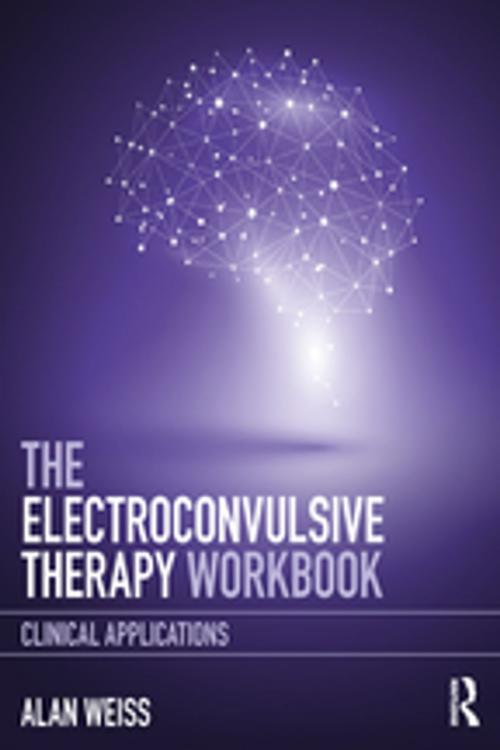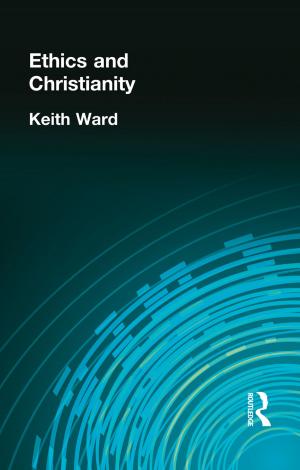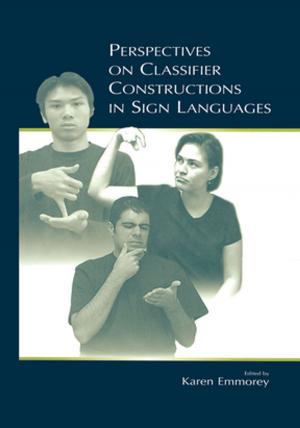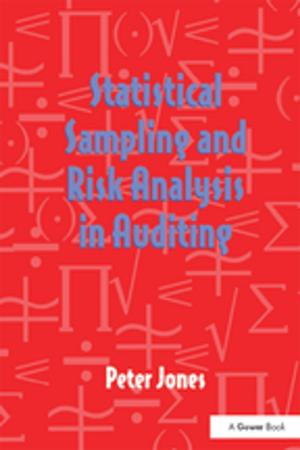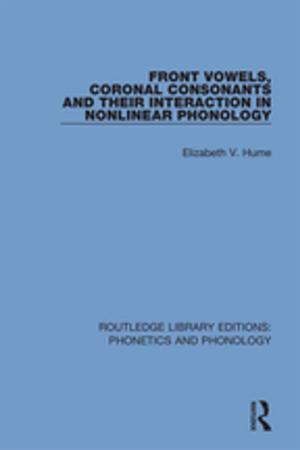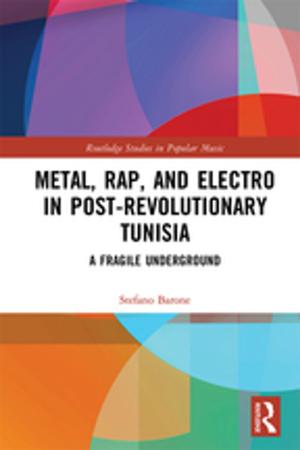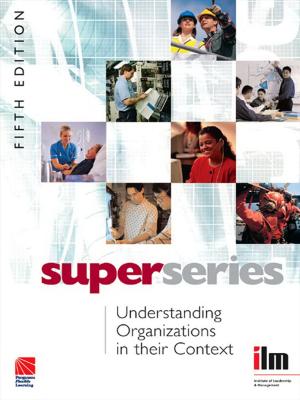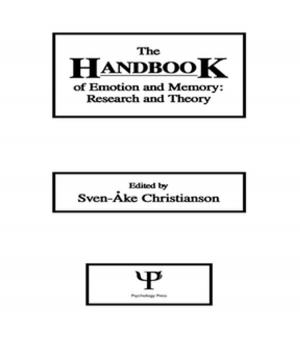The Electroconvulsive Therapy Workbook
Clinical Applications
Nonfiction, Health & Well Being, Psychology, Clinical Psychology| Author: | Alan Weiss | ISBN: | 9781351774369 |
| Publisher: | Taylor and Francis | Publication: | September 3, 2018 |
| Imprint: | Routledge | Language: | English |
| Author: | Alan Weiss |
| ISBN: | 9781351774369 |
| Publisher: | Taylor and Francis |
| Publication: | September 3, 2018 |
| Imprint: | Routledge |
| Language: | English |
Electroconvulsive Therapy (ECT) remains one of the most effective forms of neurostimulation for severe mental illness. Sound scientific research underpins contemporary practice challenging the complex history and stigma that surround this treatment.
The Electroconvulsive Therapy Workbook integrates the history of ECT with major advances in practice, including ultrabrief ECT, in a hands-on workbook format. Novel forms of neurostimulation are reviewed, highlighting the future directions of practice in this exciting area. The book is also richly illustrated with historical and technical images and includes ‘clinical wisdom’ sections that provide the reader with clinical insights into ECT practice. Online eResources are also available, featuring a wide range of questions and answers related to each chapter to help test and consolidate readers’ understanding of ECT, as well as regionally specific legislation governing ECT practice in Australia and New Zealand.
This comprehensive introduction to ECT is a must-read for doctors in training, psychiatrists who require credentialing in this procedure, anaesthetists, nursing staff who work in ECT and other professionals who have an interest in ECT as well as consumer and carer networks.
Electroconvulsive Therapy (ECT) remains one of the most effective forms of neurostimulation for severe mental illness. Sound scientific research underpins contemporary practice challenging the complex history and stigma that surround this treatment.
The Electroconvulsive Therapy Workbook integrates the history of ECT with major advances in practice, including ultrabrief ECT, in a hands-on workbook format. Novel forms of neurostimulation are reviewed, highlighting the future directions of practice in this exciting area. The book is also richly illustrated with historical and technical images and includes ‘clinical wisdom’ sections that provide the reader with clinical insights into ECT practice. Online eResources are also available, featuring a wide range of questions and answers related to each chapter to help test and consolidate readers’ understanding of ECT, as well as regionally specific legislation governing ECT practice in Australia and New Zealand.
This comprehensive introduction to ECT is a must-read for doctors in training, psychiatrists who require credentialing in this procedure, anaesthetists, nursing staff who work in ECT and other professionals who have an interest in ECT as well as consumer and carer networks.
